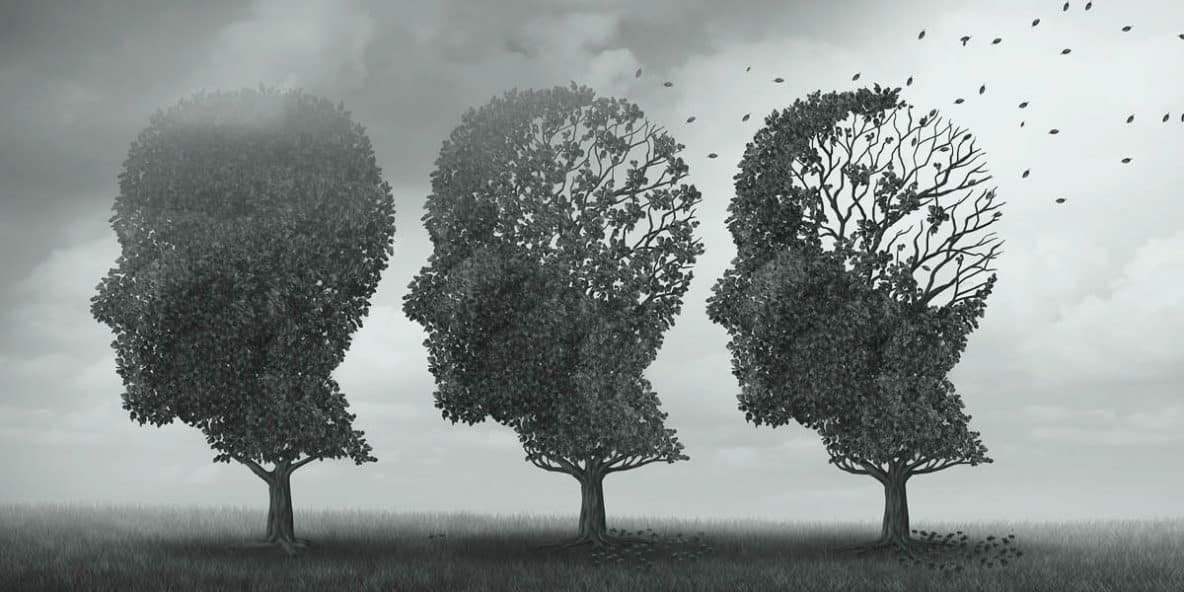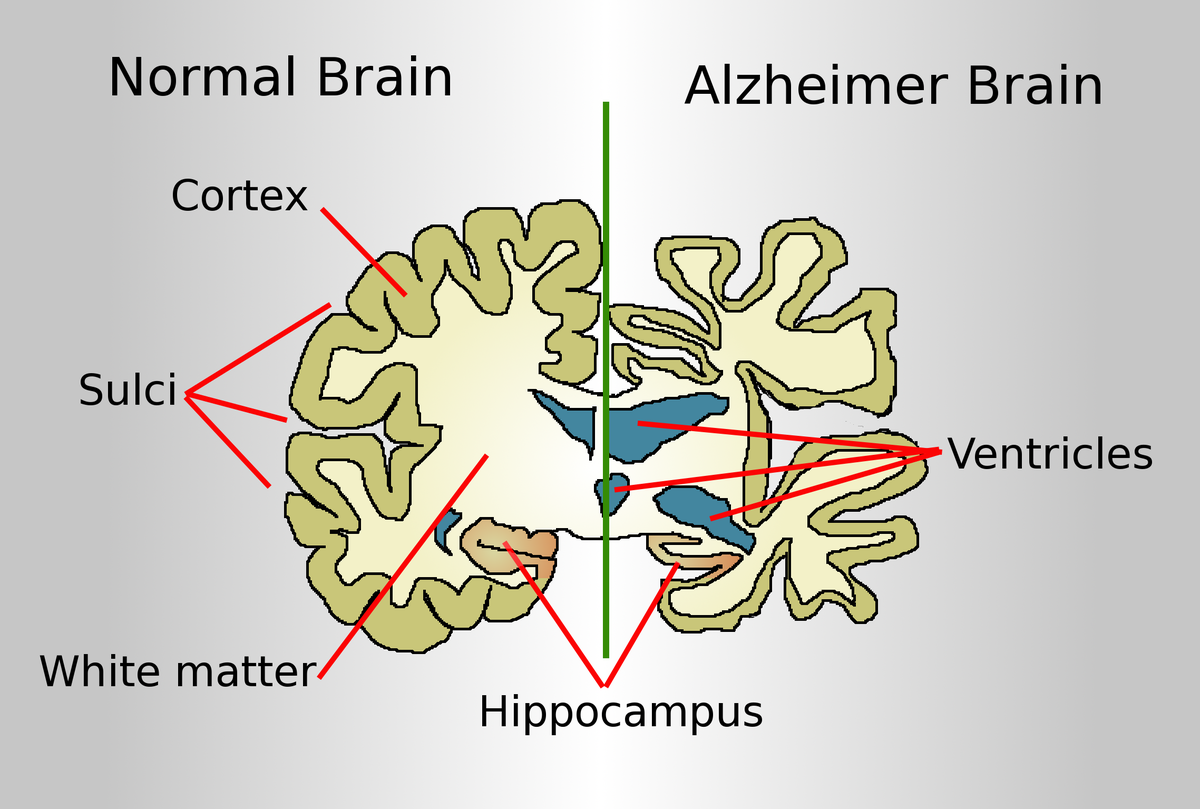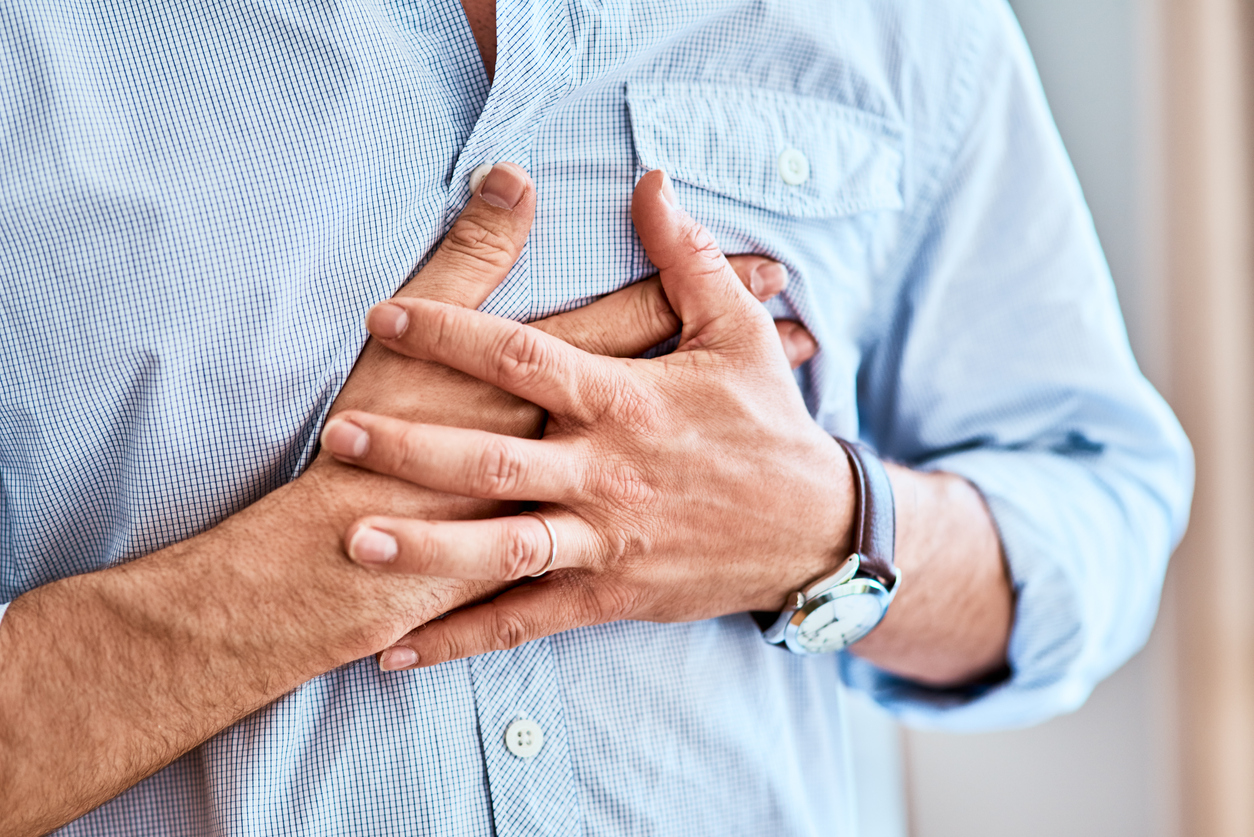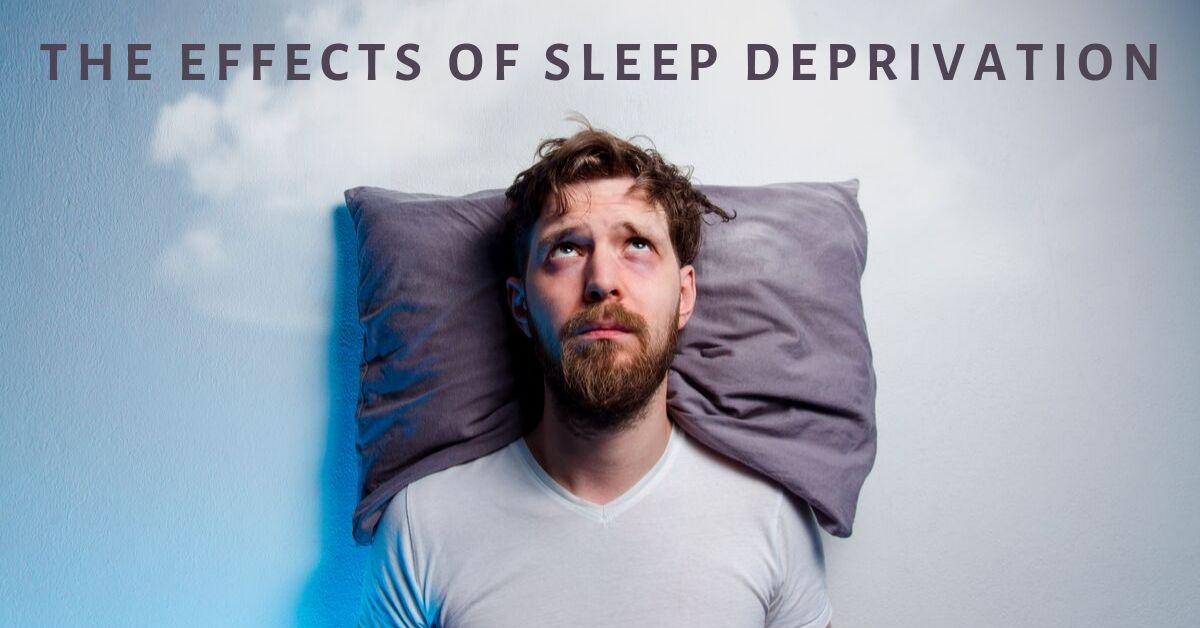Are you among the people who think sacrificing 1-2 hours of sleep will get your work done? Are you among the people who talk to people on social media late at night sacrificing your nighttime? This article will get you through the researched effects of sleep deprivation on our bodies. The results will shock you and leave this habit.
Matthew Walker is a professor of neuroscience and psychology at the University of California Berkeley. He is the author of the book “Why We Sleep?”. These astonishing and scary insights were part of his interview on the importance of proper nighttime.
Amnesia or not being able to create new memories
According to him, we certainly know that a lack of bedtime will actually prevent your brain from making new memories. Hence, it’s almost as though without sleep the memory inbox of the brain shuts down. You can’t commit new experiences to memory so those new incoming informational emails are just bounced. You end up feeling as though you’re an amnesiac you can’t essentially make and create those new memories.

Alzheimer’s disease due to less sleep
We also know that a lack of sleep will lead to increased development of a toxic protein in the brain that is called beta-amyloid and which is associated with Alzheimer’s disease because it is during deep sleep at night when the cleaning system in the brain kicks into high gear and it starts to wash away toxic protein like beta-amyloid. So, if you’re not getting enough sleep each and every night more of that Alzheimer-related protein will build up the more protein that builds up the greater your risk of going on to develop dementia in later life.

Bad reproductive health and low testosterone/estrogen
we know that sleep deprivation affects the reproductive system we know that men who are sleeping just five to six hours a night have a level of testosterone that is that of someone 10 years their senior so a lack of sleep will age you by almost a decade in terms of that aspect of virility and wellness.

Cancer due to less sleep
We also know that a lack of sleep impacts your immune system so after just one night of 4 to 5 hours of sleep there is a 70% reduction in critical anti-cancer-fighting immune cells called natural killer cells and short sleep duration predicts your risk for developing numerous forms of cancer and that list currently includes cancer of the bowel cancer of the prostate as well as cancer of the breast in fact the link between a lack of sleep and cancer is now so strong that recently the World Health Organization decided to classify any form of nighttime shift work as a probable carcinogen (Things that causes cancer). So in other words jobs that may induce cancer because of a disruption of your sleep-wake rhythms.

Fatal Heart-attack
We also know that a lack of sleep impacts your cardiovascular system. It is during deep sleep at night that you receive this most wonderful form of effective blood pressure medication. Your heart rate drops your blood pressure goes down. If you’re not getting sufficient sleep you’re not getting that reboot of the cardiovascular system so your blood pressure rises. If you’re getting six hours of sleep or less, a 200% increased risk of having a fatal heart attack or a stroke in your lifetime.

There is a global experiment that is performed on 1.6 billion people twice a year. It’s called daylight savings time and we know that in the spring when we lose one hour of sleep we see a subsequent 24% increase in heart attacks the following day. Another question perhaps is what is the recycling rate of a human being? How long can we actually last without bedtime before we start to see declines in our brain function or even impairments within our body? The answer seems to be about 16 hours of wakefulness. Once you get past 16 hours of being awake that’s when you start to see mental deterioration and physiological deterioration in the body. We know that after you’ve been awake for 19 or 20 hours.
Your mental capacity is so impaired. You would be as deficient as someone who is legally drunk behind the wheel of a car. So if you were to wonder, what is the recycling rate of a human being? It does seem to be about 16 and we need about eight hours of rest to repair the damage of wakefulness essentially is low-level brain damage.
Tips to improve your sleep schedule and quality
1) Sticking to a schedule
When it comes to bedtime your body notes down everything subconsciously and expects the same the next time when you hit your bed. But when the body is forced to break patterns, it reacts abnormally and experiences insomnia.
2) Pay attention to what you eat and drink
Taking too much caffeine, or overeating over your favorite dinner might cause it difficult for your lungs to breathe. Even caffeine has proven to be a booster for the body, which is the opposite of sleeping. As a result, your body finds it difficult to rest.
3)Create a restful environment
As the daylight fades away, you should also decrease or dim the unnatural sources of light around your body. Your body is clocked with the sun’s rays. When it gets signals of bright lights it gets confused. Reduce your screen usage. If you can’t use night light mode.
4) Manage daytime naps
Sleeping in the daytime or taking short naps can severely disturb your night’s time. You should almost take a nap for 30 mins or less.


